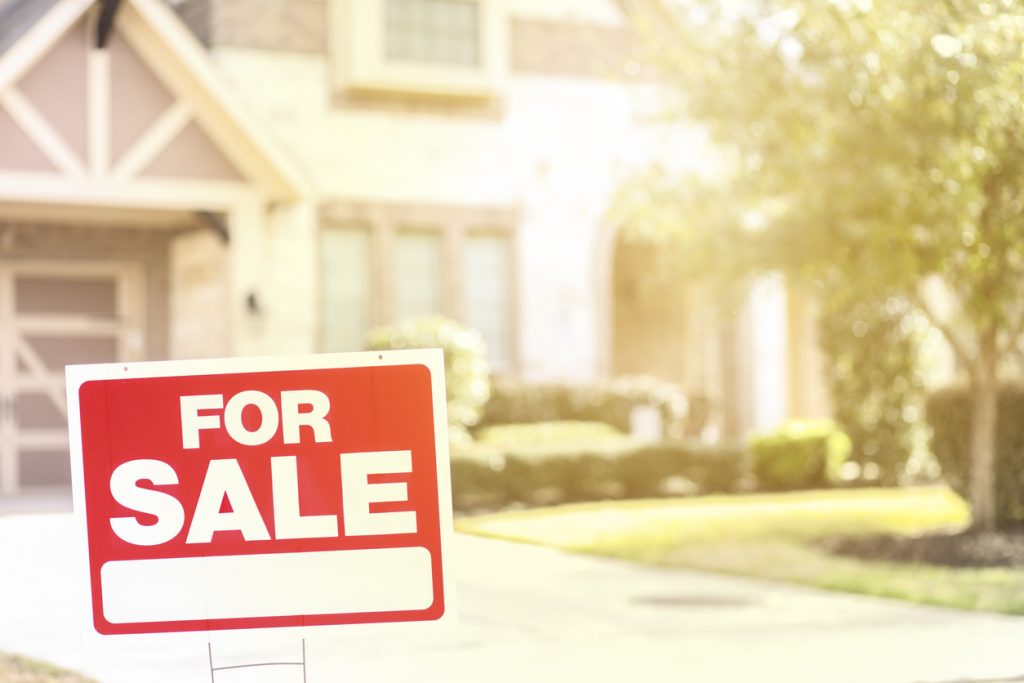By Adam Slivka
Whether you're a first-time homebuyer or looking for your forever home, purchasing a house can be a daunting task and the fear of buyer's remorse can cause serious anxiety.
Related: Fall in Love With Your Home Again
How do I know this house is right for me? What should I be considering when purchasing? How do I avoid the dreaded buyer's remorse? These are all valid questions one could ask before entering into a purchase or sale agreement.
Here are some things you'll want to consider before making that decision:
Can I afford it?
Nothing is more disappointing than finding your dream home just to be told by the mortgage company that it's out of your price range.
Before venturing into the real estate market, have an in-depth look at your financial state and meet with a mortgage broker or bank representative to obtain an accurate number for purchase. This will help you to avoid heartache and allow you to consider real options versus something that's not feasible because of your budget.
Does this house meet my must-haves?
When considering homes for purchase, it's a good idea to make a list of your must-haves. Features such as number of bedrooms and bathrooms should be high on that list.
Things such as walk-in closets, an ensuite and lot size might be negotiable; however, if you're unwilling to compromise on certain amenities, be sure to only look at properties that offer them.
Is this property in the right area?
Whether it's a certain desired neighborhood or area of town, narrowing down where you want to live is crucial. Finding a perfect house that adds an additional half-hour to your commute can lead to disappointment—it may seem like no big deal, but it can easily turn into a major hassle.
Research the area you're considering. Are there parks? Trails? Do I add time to my commute? Am I near amenities important to me and my family? Questions like these will help determine if you're looking in the area that will best suit your needs.
Is this house right for my future?
For young couples, single buyers and small families especially, it's vital to ask yourself if this is a home you can grow into. What is your five-, 10- or even 15-year plan? Do I want to start a family here? If your answer is yes, then the number of bedrooms and bathrooms, as well as separate living space, are all things to take note of.
If not, you may want to consider resaleability when purchasing, especially if you are a first-time buyer. Having a home that you'll have no trouble reselling is peace of mind for the future.
Is there potential?
Many properties on today's market have good bones; however, the style or overall interior may not be exactly what you had in mind.
Is the structure solid? Are renovations an option? Will I be able to get the required permits for additions or structural changes? If your goal is to do some major overhauling, inquiring with the proper city officials will save you money and frustration.
You slept on it.
It's easy to get swept up in the excitement when walking through a potential new home. Emotions have a way of taking over and what might seem like the perfect property could be anything but after a day or two of thinking it over.
Although houses are moving fast and the market is competitive, carefully thinking about the decision and discussing it with your partner or family will ensure that everyone is on the same page and there are no second thoughts come closing day.
You can feel it.
Trust your gut when something feels off about a house. You'll know a house is right for you and your future by the feelings you have while looking at it, walking through it and when it comes time to move in.
If you're trying to convince yourself a house will work or that you love it, chances are it won't and you don't. At the end of the day, trusting your instincts will guide you to the perfect house while helping you avoid the ones that aren't.
 Adam Slivka is a team leader at Integrity Plus Realty in Western Pennsylvania.
Adam Slivka is a team leader at Integrity Plus Realty in Western Pennsylvania.








